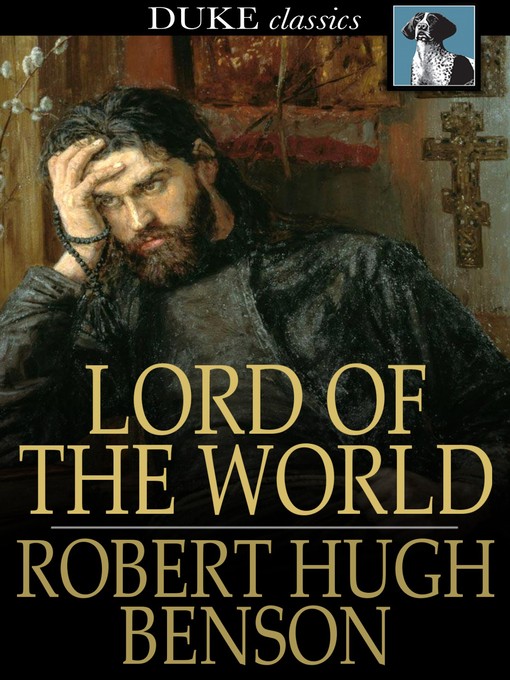
Dauntless and clear-sighted, Franklin is a bastion of stability as the Catholic Church in England disintegrates around him. Into this melee steps the novel’s protagonist, Fr. Soon, the masses are in Felsenburgh’s thrall, and he becomes leader of the world. Those who resist are subjected to torture and execution. Julian Felsenburgh, a mysterious and compelling figure arises, promising peace in exchange for blind obedience.

Only a small remnant of the faithful remains. Lord of the World describes a world where Catholics are falling away and priests and bishops are defecting. In one of the first such novels of the 20th century, Robert Hugh Benson imagines a world where belief in God has been replaced by secular humanism. Popular young adult books such as The Hunger Games and Divergent, as well as literary classics such as Walker Percy’s Love in the Ruins and Cormac McCarthy’s The Road, have created a growing interest in dystopian novels.


The compelling book includes a new introduction, a biography of Benson, and a theological reflection. This 1907 futuristic narrative has been hailed as the finest work of this unsung but influential author and son of the archbishop of Canterbury, whose conversion to Catholicism rocked the Church of England in 1903. In an airplane news conference on his return from the Philippines in January 2015, Pope Francis mentioned Robert Hugh Benson’s Lord of the World and said, “I advise you to read it.” It wasn’t the first time the Holy Father had praised the book since becoming pope.


 0 kommentar(er)
0 kommentar(er)
